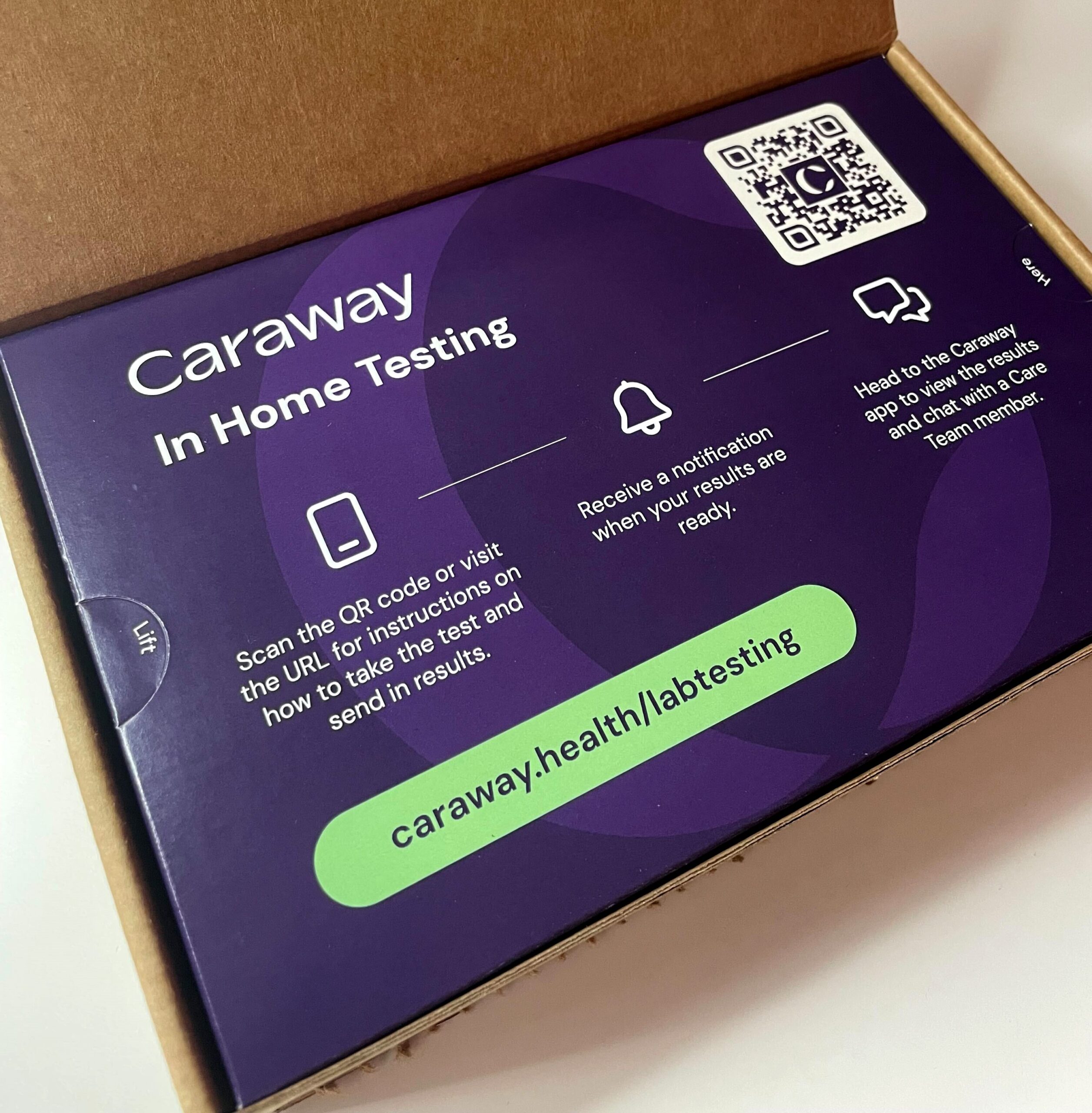
Addressing Healthcare’s Retention Crisis by Understanding Gen Z
A committed, resilient future workforce starts by understanding the difference between an environment that sustains staff and one that actively invests in long-term engagement.

A committed, resilient future workforce starts by understanding the difference between an environment that sustains staff and one that actively invests in long-term engagement.

Acing the interview requires embracing technology, understanding digital trends, and enhancing patient relationship strategies.

Gen Z healthcare workers have different expectations and values than the workforce that preceded them. It's important for organizations to understand these nuanced differences and anticipate how they're going to adapt to meet these new standards.

Wave Life — a mental health platform designed for Gen Z — recently closed a $6 million seed investment led by Santé Ventures. The company — which was founded by Sarah Adler, a clinical psychologist and clinical associate professor at Stanford’s psychiatry department — will use the funding to move further into the employer market and conduct research on its care model’s outcomes.

Through the partnership, members of Caraway can order an STI Kit, which is delivered to their door and is geared toward Gen Z. The kits have tests for STIs and sexual health, including chlamydia, gonorrhea, syphilis, HIV, hepatitis C, trichomoniasis, candidiasis and bacterial vaginosis. Members then ship the tests to be evaluated at one of Ash’s lab partners, and Caraway then reaches out to the patient with results. If treatment is needed, the patients are connected with a provider on Caraway’s team.

Nursing graduates are entering the profession in a state of anxiety about staffing shortages, with 55% of them saying they do not plan to stick with the career until retirement, according to a new report. The two main sources of this anxiety are worries about inadequate onboarding processes and being overworked.